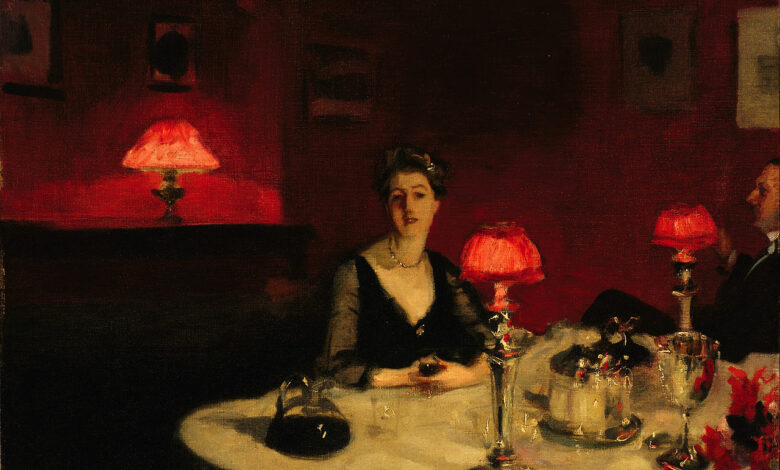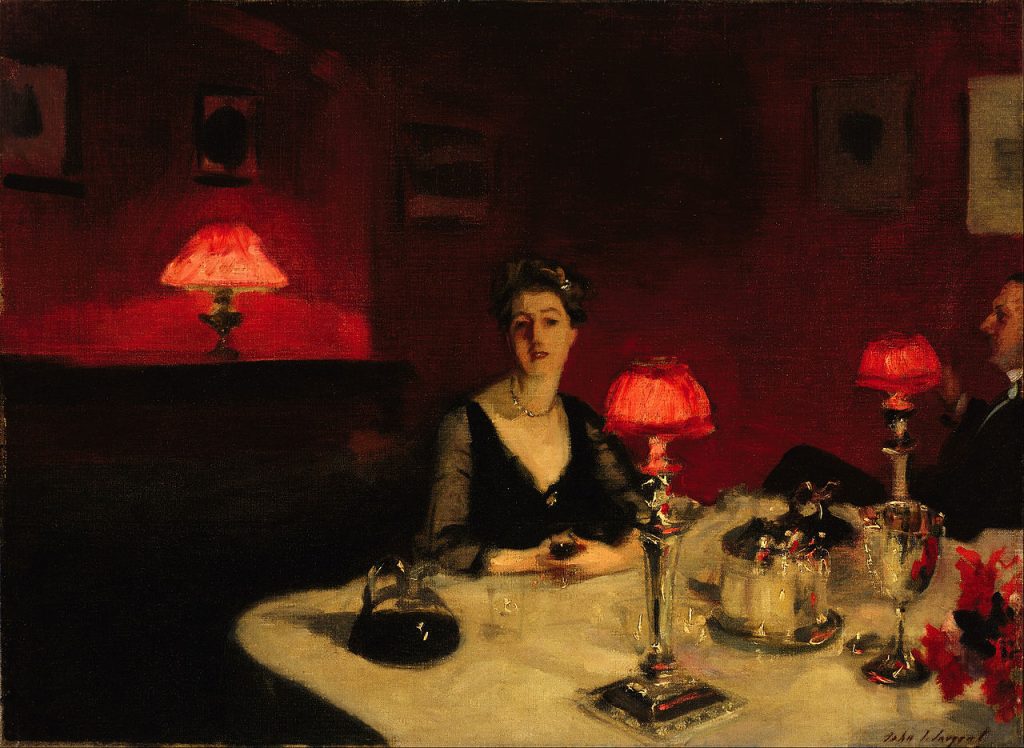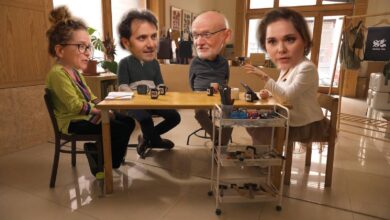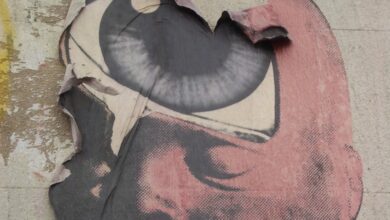Carbs and culture | Eurozine

If we define culture as a set of values and practices around which communities identify and cohere, then few things are more cultural than food. Where else is the narcissism of small differences greater than in matters gastronomic? That doesn’t make us all food nationalists, although when it comes to what we eat, most of us are conservatives deep down.
There’s a good reason for not discussing politics at mealtimes, of course. Because if we start talking at the table about things like labour relations and the distribution of wealth, then sooner or later the conversation turns to what’s on our plates and how it got there. Base and superstructure. Class and carbs. Dinner would be over.
As we well know from Catholic cultures, food metaphors tend to be tenacious, for the simple reason that everyone understands them. When Marx defined labour as the metabolism of society, people would have got it immediately. The workers needed feeding and soil depletion was threatening to bring industrial capitalism to a grinding halt. And so a race began among the western nations for new sources of fertiliser. As economic historian Staffan Granér writes, the Great Powers set off in search of guano.
A bit later, chemists discovered ways to produce fertilisers artificially, among them Fritz Haber, the Nobel Laureate who also masterminded German chemical warfare in World War I. Billions more mouths could be fed, and the world became well and truly hooked on synthetic nitrates, creating a plethora of even more complex problems that we are only fully realizing now. If you prefer your culture immaterial, this article will make you think again.

John Singer Sargent, ‘A Dinner Table at Night’, 1884. Fine Arts Museums of San Fransisco. Source: Wikimedia Commons
If you still have an appetite for food-related content, then we have Anka Wandzel on pickling as resistance (no hipster faddishness here, preserving is a serious cultural practice); Markus Wild on meat and modernity (get rid of those frozen chicken nuggets – now!); Bogdan Iancu on cowboy well-drillers in Romania’s parched Danubian Plain (perhaps not such a good idea, guys); Viktoria Hubareva on the miraculous resilience of the Ukrainian grain industry (still Europe’s breadbasket); and Thin Lei Win on the recalcitrance of the farming lobby and how big agriculture has the EPP eating out of its hand (see Germany).
Ivaylo Ditchev (1955–2023)
We were very sad to hear about the death of the Bulgarian anthropologist and cultural theorist Ivaylo Ditchev at the end of last year. Ditchev was the author of numerous widely-read and translated articles for Eurozine between 2000 and 2015.
As his colleagues at the journal Critique and Humanism write, he inspired many students and researchers with his ideas, as a long-time professor and founder of the school of cultural anthropology at Sofia University. With his openness and curiosity towards the world, Ditchev drew his readers into making sense of modernity, of the culture of everyday life, and of the crises of the political. Read his articles for Eurozine in our archive.
Calling young journalists!
Are you a young journalist with a great idea, looking for ways to make it happen? The ‘Come Together’ project is inviting applications for a free training programme with the prospect of a grant at the end. The idea is to diversify the newsroom and make journalism more attuned to what’s happening out there. Check it out here.
Simon Garnett
Senior editor, Eurozine
Source link




